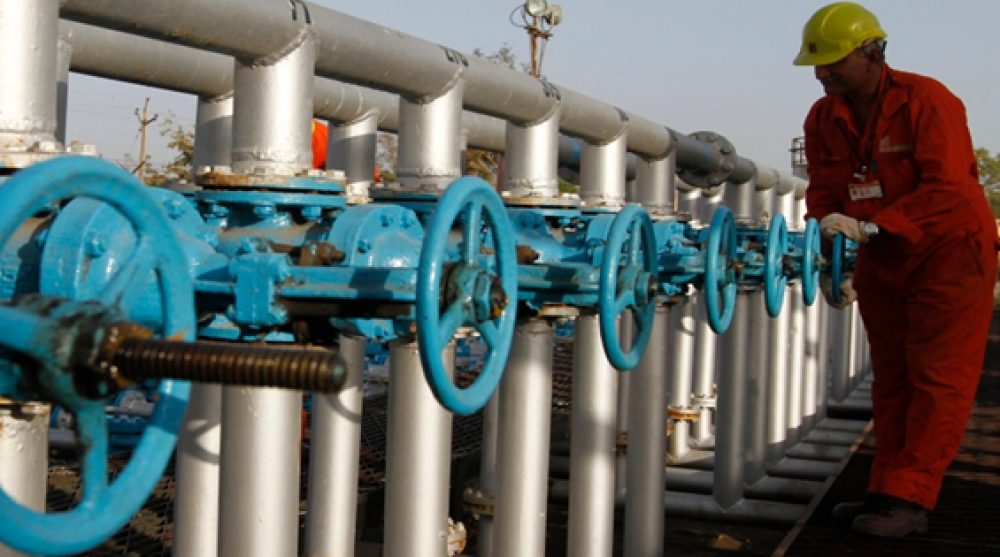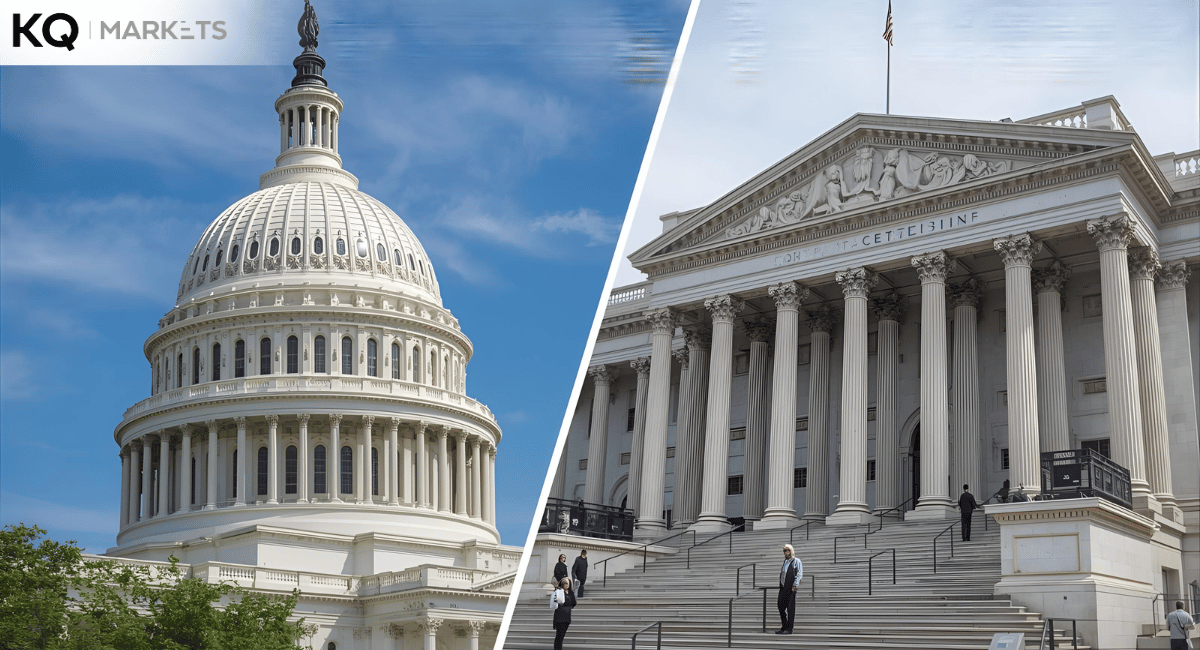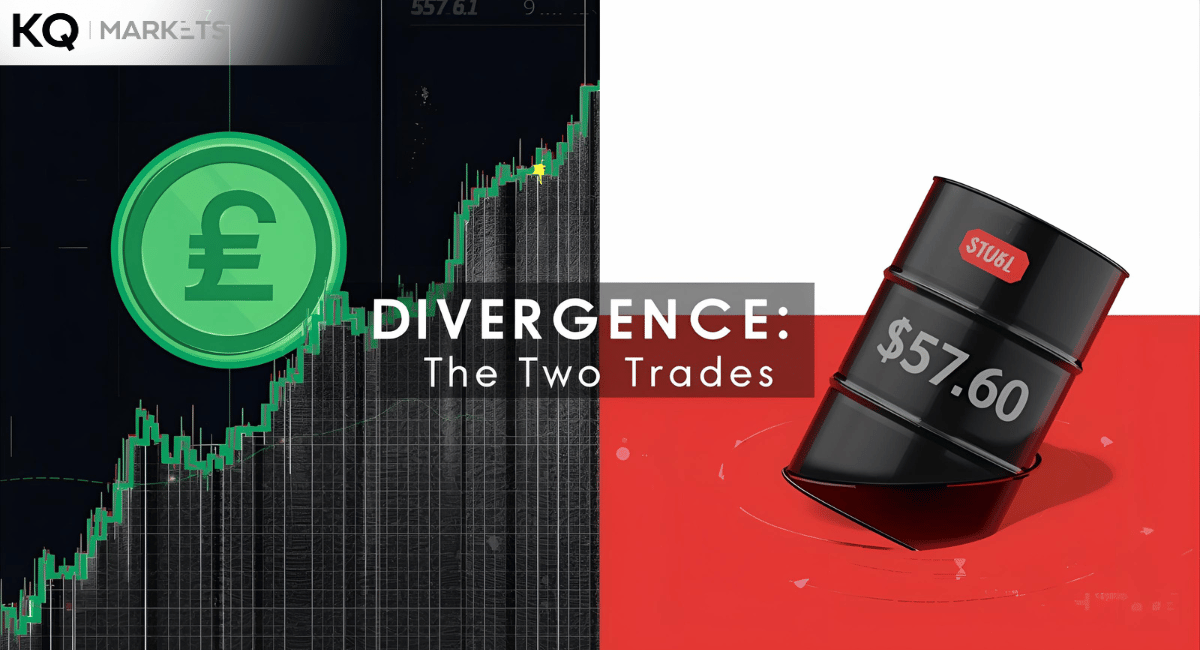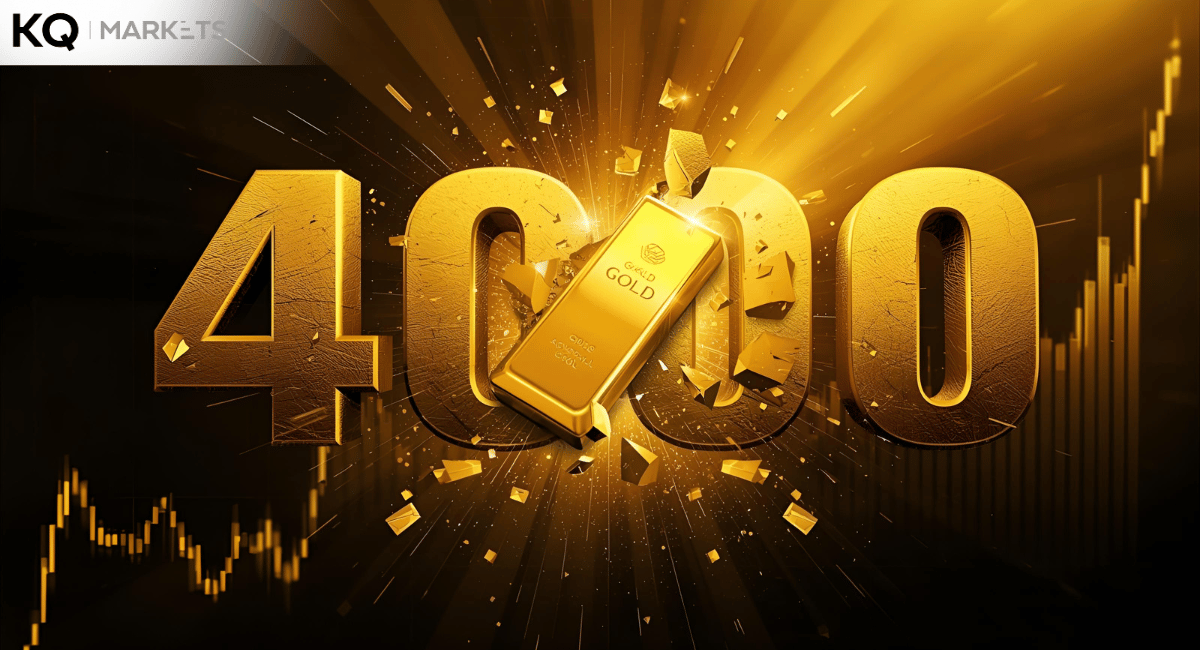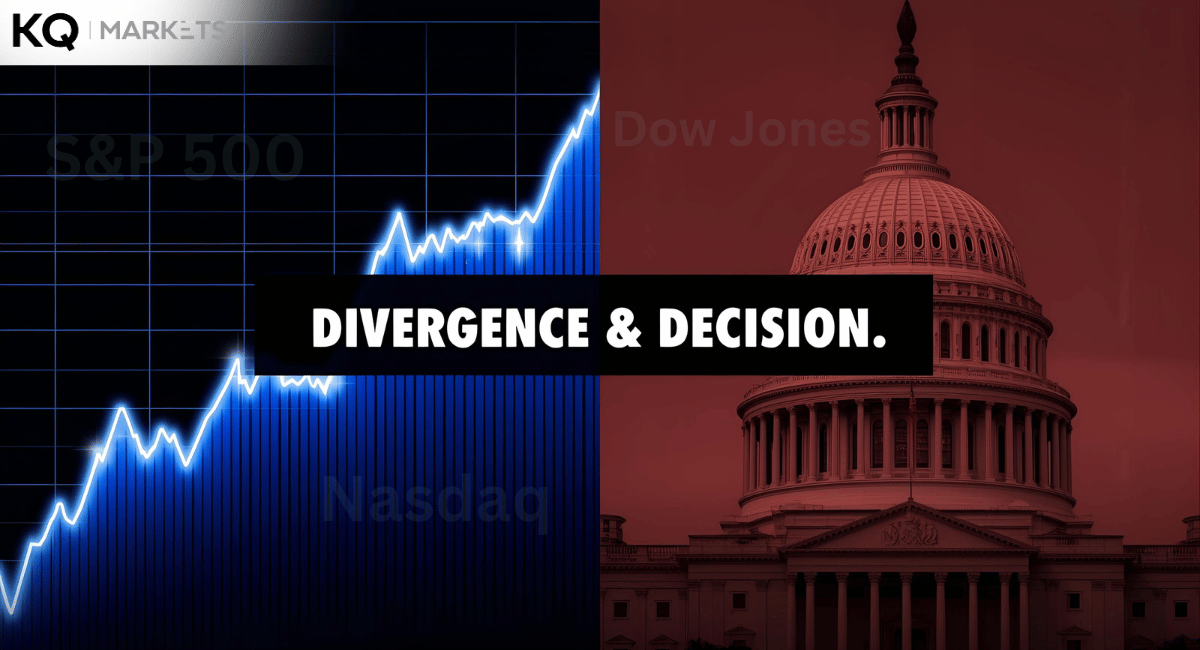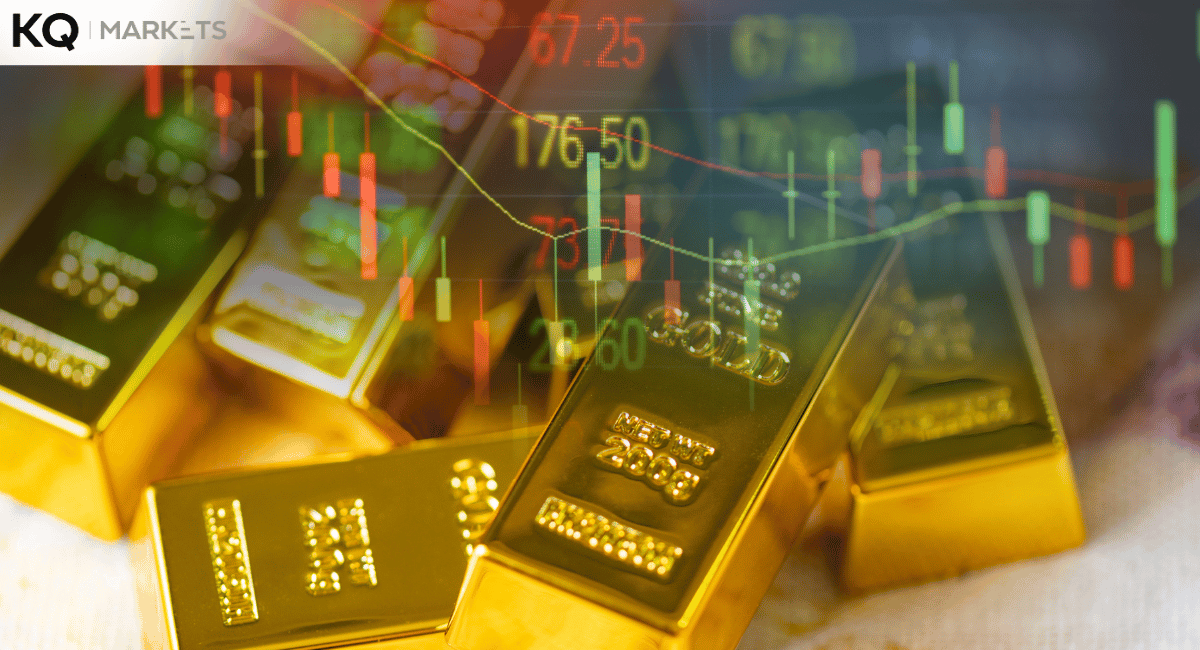Oil price rose to over $120 per barrel on 30th May in key hubs. The rise in prices for diesel and petrol threatens further price increases in the next two months. Some factors resulting in this situation are climate change and the lingering challenges over Russia's crude oil supply.
In any case, Brent crude rose to $120.50 while the West Texas Intermediate benchmark rose to over $116 per barrel. The rise in crude oil price occurs due to refined product supplies like petrol maintaining tight demand in most delivery hubs. Most countries are at risk of encountering the crisis, including the US. Besides, the low Russian diesel exports due to bans worsening the condition.
On the other hand, the Europe gas oil contract for distillates & diesel is trading at about $1200 per ton. The sky-high fuel prices have subjected motorists to higher prices for gasoline & diesel. However, crude oil has maintained its all-time high price of about $147.50 per barrel since 2008. The rise in prices occurred on Monday during the kickoff of the Memorial Day holiday.
Experts say that government subsidies and the easing of Covid-19 restrictions have helped withstand the demand. Although record-high prices might appear within local currencies, government intervention through subsidies can help maintain the market. Also, post-Covid-19 challenges and the approaching summer driving season in Europe cause a high mobility rate.
Due to the stiff pressure on the market, oil traders pay a premium to help secure supplies quickly because of the market tightness. July Brent delivery is trading at about a $4 premium over August. Global economy analysts are also concerned about EU restrictions or embargoes on the Russian oil trade.
The bloc members met on 1st June to discuss further. Although the European Union intends to impose worse bans on the Russian oil trade, some members such as Hungary have not approved a ban on Russian crude oil. The summit on 1st June vowed to include petroleum and oil products in Russia’s sanctions. Nonetheless, it allowed a temporary exemption for pipeline crude oil.
Opec+ Group's reticence to help accelerate oil production has also helped maintain the price pick up. The group planned a meeting on 3rd June that widely sticks to the plan of improving oil production by around 400,000 barrels per month. The group has targeted this threshold since the first quarter of last year.
Concerns about the Strait of Hormuz crude oil shipping have also impacted the price. This shipping caters for about a third of the total seaborne oil exports daily after Iran captured two Greek-flagged oil tankers on 28th May.
Oil Prices Conclusion
Liquefied natural gas and crude oil prices on the global oil markets are constantly increasing due to the low Russian oil exports. Tight fuel supplies and high global demand have resulted in high crude prices, interest rates and food prices.
